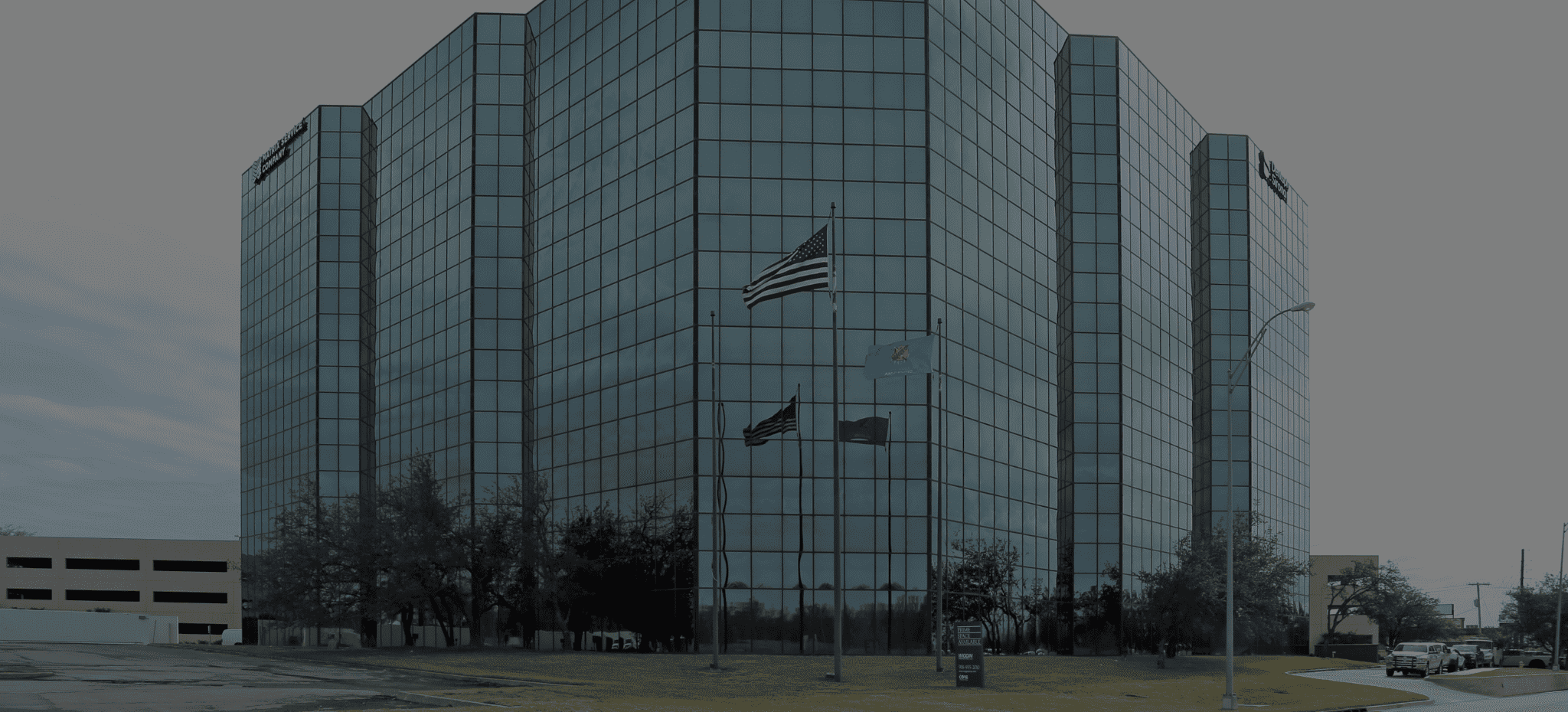
Debt Collection
Coffman & Seidenberger is experienced in all stages of debt collection actions and creditor rights. By utilizing innovative collection strategies, Coffman and Seidenberger routinely obtains and collects on judgments for their clients. We also offer competitive contingent fee recovery arrangements on post-judgment collection proceedings.
Obtaining Judgments
The attorneys at Coffman & Seidenberger are experienced in obtaining summary judgment in collection actions when a favorable settlement cannot be reached to avoid the costs of going to trial. Attorney fees and court costs can typically be recovered if a creditor plaintiff is found to be the prevailing party and recovers a judgment against the debtor. In small claims suits, however, if the debtor does not object to the debt or a default judgment is obtained by their failure to appear at the hearing date, the maximum attorney fee amount that can be awarded is 10% of the sued upon principal debt. In all other attorney fee award instances, such as attorney fee awards in district court actions, the judge will award a “reasonable attorney fee.” Coffman & Seidenberger strives to keep the attorney fees it accrues in collection proceedings well within the realm of “reasonable” as the term is legally defined. As a result, Coffman & Seidenberger’s clients are routinely awarded all of the accrued attorney fees when a district court judgment is obtained in a collection action.

Collecting on Judgements
Once a judgment is obtained, you must collect on it. Oklahoma law affords several collection remedies for collecting on a judgment, namely, garnishments, asset hearings, judgment liens, and executions. Prior to engaging in collection remedies, an evaluation of the debtor’s assets is prudent as it often determines which remedy is the best avenue. Coffman & Seidenberger is experienced in scrupulously reviewing publicly available information and utilizing databases that compile public information to uncover debtor assets that would otherwise go unnoticed.
Unfortunately, attorney fees are generally not recoverable during post-judgment collection. The court costs accrued during post-judgment collection are automatically awarded, however. Coffman & Seidenberger is experienced in keeping attorney fees to a minimum and recommending the collection remedy that will yield the best result for its clients without incurring unnecessary fees.

Foreclosures
Oklahoma law recognizes both judicial foreclosures and non-judicial foreclosures. A judicial foreclosure is a foreclosure brought through the court system, generally the district court in the county where the property is located. A nonjudicial foreclosure is a foreclosure conducted outside of the court system through a “power of sale” clause on the underlying mortgage. At Coffman & Seidenberger, we also consistently initiate and resolve judicial foreclosure actions with positive results for our clients. A completed foreclosure results in a sheriff’s deed under a sheriff sale confirmed by the court awarding property to the highest bidder of the underlying sheriff sale. Our firm also knows how to navigate the non-judicial power of sale process to a successful resolution when a judicial foreclosure is not appropriate.
DOMESTICATION OF FOREIGN JUDGMENTS IN THE STATE OF OKLAHOMA
Authority: 12 OK Stat § 12-719 et seq. | 12 O.S. 719 et seq.
Our office is experienced in registering and collecting upon foreign judgments domesticated in Oklahoma. We welcome working with out of state clients and their counsel and routinely successfully collect on domesticated judgments. Please call us today if you need assistance in registering a judgment in Oklahoma arising from an out of state jurisdiction.
Oklahoma Courts have enacted an act that allows for collection of foreign judgments arising out of state — or in some circumstances, out of the country. Coffman & Seidenberger has extensive experience navigating the act to ensure that you or your client’s out of state judgment is properly domesticated and successfully collected upon in our state.
Coffman & Seidenberger always ensures an affidavit in compliance with the Act is filed followed by issuing the proper notice of the filing of the foreign judgment to the judgment debtor with proof of mailing. This ensures the judgment cannot be attacked and challenged on procedural grounds so that your collection remedies cannot be disturbed.
Creditor Rights Protections In Bankruptcy Proceedings
Upon the filing of a bankruptcy proceeding, an automatic stay goes into effect that prohibits collection efforts. The bankruptcy proceeding then needs to be monitored to determine how the debt is to be treated (for example whether it is listed as, secured or unsecured). Generally, the bankruptcy court will also request that certain actions are taken or filings made depending on the bankruptcy chapter and the case must be closely monitored to ensure no deadlines or requested actions are missed.

